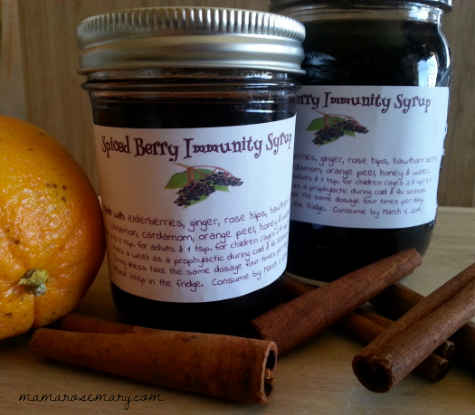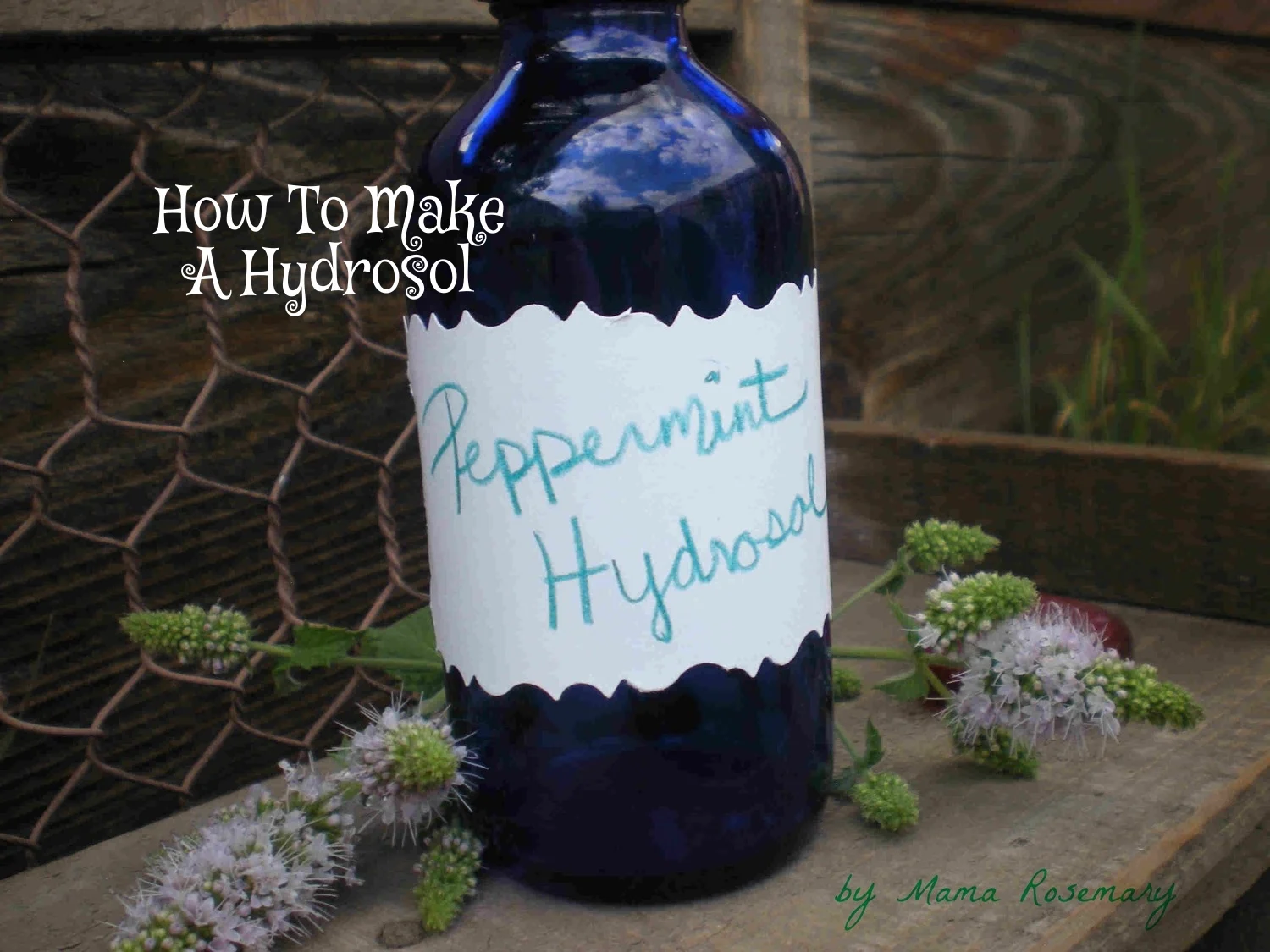Herbal Infusions for Pregnancy and Lactation
/Herbal infusions are incredibly useful during pregnancy and lactation. Gentle, nutritive and tonifying herbs act mostly as food for the body. Examples are nettles, raspberry leaf, chamomile and oatstraw. The high nutritional value helps mom to grow a healthy baby, prepare for birth, promotes and enriches breast milk, aids in healing and steadies the nervous system. This type of herbal preparation is used for extracting and making bio-available the richness of vitamins and minerals found in many plants. Drinking a quart of infusion daily made from these herb is highly recommended. It is important to note that herbs work over time to bring about health and increased vitality. They do not offer quick fixes, but instead vitality that is deep, profound and long lasting! When using herbs the most important thing to remember is to relax, have fun, listen to your body, and let your intuition be your guide!
~ Red Raspberry Leaves ~
Rubus spp. (idaeus, strigosus, parviflous)
The leaves of this plant make a delicious infusion, which is high in vitamins and minerals: especially calcium, iron, phosphorus, potassium and vitamins C, B and E. Hence regular use of raspberry will provide a bases of essential nutrients that are so highly in demand during pregnancy and lactation. Raspberry leaf is an energetic tonic for the reproductive organs which will increase or relax smooth muscle tone, which ever is appropriate (Gladstar). This action aids in preventing miscarriage, birthing difficulties and postpartum hemorrhage. While this plant is generally very safe and effective, it is important not to over indulge in it virtues. Because it is very powerful, too much may cause rigid Os, miscarriage or hemorrhaging during childbirth. Midwives have found this to be true with the cultivated species, R. idaeus, but not with the wild species, R. strigosus (Jones). Therefore limit use to one to two quarts of infusion per day. It is even better to ease the effects of raspberry by combining it with other nutritive herbs. ( Please note: I asked my midwife about the concerns mentioned above and she has seen no evidence of these problems arising from the use of raspberry infusion in her 20+ years if practice.)
Red Raspberry Leaves
~ Stinging Nettle ~
Urtica dioica
This is a highly nutritive plant that stimulates blood flow and is a body wide tonic with an affinity for the kidneys and adrenals. Nettle’s high vitamin, mineral and chlorophyll content feeds the endocrine glands, builds the blood, provides essential nutrients for a stressed out nervous system and nourishes the liver. It will strengthen and revitalizes weak kidneys thereby increasing energy. Nettle is a uterine tonic. It’s high amounts of iron and calcium increase hemoglobin in the blood encouraging increased oxygen transport to tissues. It is high in vitamin K which facilities proper blood clotting. Nettle activates the metabolism, therefore assisting in the absorption of the very nutrients it provides! It is an astringent plant that tightens and firms tissues (such as the uterus). This action arrests bleeding and discharge from tissues, increasing their health and strength.
~ Oatstraw ~
Avena sativa
Oat is a nutritive herb that soothes and protects the nervous system by providing essential vitamins and minerals. It has been shown that Oat will rebuild the myelin sheath. Oat creates a sense of well being, supporting the emotions and integrity of the individual. This wonderful plant is indicated for nervous debility or exhaustion with depression; fatigue, even with a good sleep; dark circles under the eyes; heart palpitations when pushing too hard; and/or stimulant abuse. It is beneficial for those who have suffered sexual abuse and trauma, resulting in sexual debility. It is an endocrine and uterine tonic, hence nourishing and balancing hormone production and strengthen the uterus (Mars). The taste of the infusion makes some people nauseated and the wind borne pollen can cause hayfever. One quart of overnight infusion drunk daily will provide powerful benefits.
~ Chamomile ~
Matricaria spp.
Chamomile is a soothing and relaxing herb that contains high amounts of vitamins and minerals such as calcium, magnesium, phosphorus, vitamin B-2, and flavinoids. It helps relieve anxiety and stress as well as pain and irritation in the gut, being particularly useful for flatulence and indigestion. Chamomile is also helpful for restlessness and insomnia. It steadies those suffering from nervous debility. Drinking chamomile infusion before nursing will impart these wonderful qualities to the breast milk and can help sooth an irritated child and alleviate some of the stress of colic. If you are making an infusion of chamomile, only steep for 5 – 15 minutes as it will become very bitter. People who are sensitive to ragweed maybe be allergic to chamomile.
~ Red Clover Blossoms ~
Trifolium pratense
This beautiful and commonly occurring ‘weed’ is a phytosterol, alterative and nutritive and is used by herbalists to help promote fertility before pregnancy and in nutritive blends during breastfeeding. Red clover is a phytosterol with estrogenic activity. Because of this, it acts as a defense against xenoestrogens (detrimental estrogens that occur in the environment as a result of pollution) by competing for estrogen binding sites. Red clover also aids in creating a more powerful estrogen cycle (Jones). Red clover is highly nutritive with good quality, easily absorbable vitamins and minerals, proteins, fatty acids and flavinoids. All of which nourish the whole body: particularly providing vitamins for the uterus; minerals for the glands, which act to equalize hormonal activity and relax the nervous system (Weed). It also contains coumarins that decrease blood viscosity, hence increasing blood flow throughout the body. Traces of molybdenum are found in red clover, which helps to increase hemoglobin formation when combined with iron (Jones). For this reason, it may be beneficial to combine red clover with raspberry leaves which contain iron citrate. Generally red clover is not recommended during pregnancy though in some cases it may be appropriate, talk with your herbalist. Also, when buying red clover look for purple flower tops (not brown) with a minimal amount of leaves.
~ Two Yummy Recipes ~
Raspberry, Nettle & Spearmint
Put a small handful each of raspberry leaf and nettle leaf in a jar and a few pinches of spearmint leaf. Cover with water, steep for at least four hours and strain. Play with the quantities of herbs to adjust to your taste.
Raspberry, Oatstraw & Chamomile
Put a small handful each of raspberry leaf and oatstraw in a jar, fill halfway with water and let steep for at least four hours. About 15 minutes before you are ready to strain the infusion add a small handful of chamomile flowers and fill the jar to the top with hot water. Let steep for up to 15 minutes and strain. Add honey if this brew is to bitter.
~ Additional considerations ~
It is often recommended that women with delicate systems do not to take any herbs during the first trimester of pregnancy. If you are a very sensitive individual, do a scratch test before taking any new medicinals or seek the advise of a qualified herbalist. To do a scratch test, take a small bit of the medicinal and rub it on the roof of your mouth. Wait 24 hours. If there is no sign of an allergic reaction, proceed with taking the herb(s). If you are unsure, please consult a qualified herbalist and as always listen to your body.
~ Making Your Infusion Brew ~
Place 1 large handful of dried herb in a canning jar (using up to 1 ounce of herb per quart of liquid, experiment with your taste). Cover with hot or cold water, place a cap on top and let steep for at least 4 hours and then strain. This will allow ample time for all the medicinal constituents including vitamins and minerals to be liberated from the plant material. You can dilute your infusion with water or juice, or add honey to taste. I usually make my infusions before going to bed and then strain it the next morning into a bottle I can carry around with me during the day. Drink a quart of infusion per day made from nutritive herbs (e.g. chamomile, nettles, red raspberry etc.…). You can use just one herb in your infusion or a blend of the herbs of your choice. Please be sure to use appropriate containers such as canning jars as they will not break when exposed to the high heat of boiling water. You can make extra quantities ahead of time and store them in the refrigerator for 1 to 2 days. Unused leftovers can be given to plants as a superb growth tonic, and the spent herbal matter makes excellent compost.
~ Quality ~
The quality of the herbs of herbs you purchase is of the utmost importance! When buying dried bulk herbs to make your infusions there are a few important guidelines to follow. Look at the plant material, it should have a vivid, bright and appropriate color. It should not appear faded and it should be fragrant. Over time, with experience, making these observations will become easier and enjoyable. Make sure you are buying the correct botanical. It is important to identify the plant material you are purchasing by it’s Latin name because so many plants have the same or similar folk names. Every herb has it’s own unique Latin name. For example, if you are searching for nettles, you can verify that you are getting nettles by looking for it’s Latin name Urtica dioica. Herbs can be purchased at most natural food stores or online. My favorite online resource for superior bulk herbs is Mountain Rose Herbs.
References ~
Gladstar, Rosemary, Herbal Healing for Women, New York, Fireside, 1993.
Jones, Feather, Herbal Therapeutics Lectures, 1999-2000, The Rocky Mountain Center for
Botanical Studies, Boulder, Colorado.
Mars, Brigitte, The Herbal Pharmacy, CD-ROM, Hale Software, Inc., 1998.
Weed, Susan, Wise Woman Herbal for the Childbearing Year, New York, Ash Tree Publishing, 1986.
Please Note: This post contains an affliate link to Moutain Rose Herbs. If you click the link and purchase herbs from them I will get a small percentage. This in now way affects your cost and provides me with funds to keep Mama Rosemary going! Thanks for your support!


















